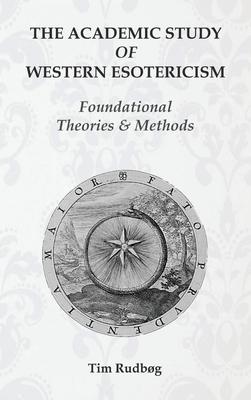This second volume in the Introduction Series to Esotericism serves as a handbook for students, scholars, and everyone interested in the academic study of esotericism (including occultism, magic, theosophy, hermeticism, spirituality, mysticism, and related topics).
In particular, this book provides useful systematic outlines of the primary theories and methods that laid the foundation for the academic study of 'Western esotericism' during the years 1990-2007. It gives the reader easy access to the core ideas pertinent to theories developed by well-known scholars in the field, such as Antoine Faivre, Wouter J. Hanegraaff, Pierre A. Riffard, Arthur Versluis, and Kocku von Stuckrad.
In addition to providing a comprehensive overview of the research history of the field during the foundational period, the book critically analyses the scientific and the philosophical premises underlying each theory. The book both clarifies the foundation of each theory and classifies them into three main categories of approaches to esotericism: 1. The Historical Approach, 2. The Universalist Approaches, 3. The Polemical Approaches.
These useful categorizations provide readers with tools for critical reflection and further study. At the same time, the classifications underscore the argument that each foundational approach to esotericism has something important to offer.
